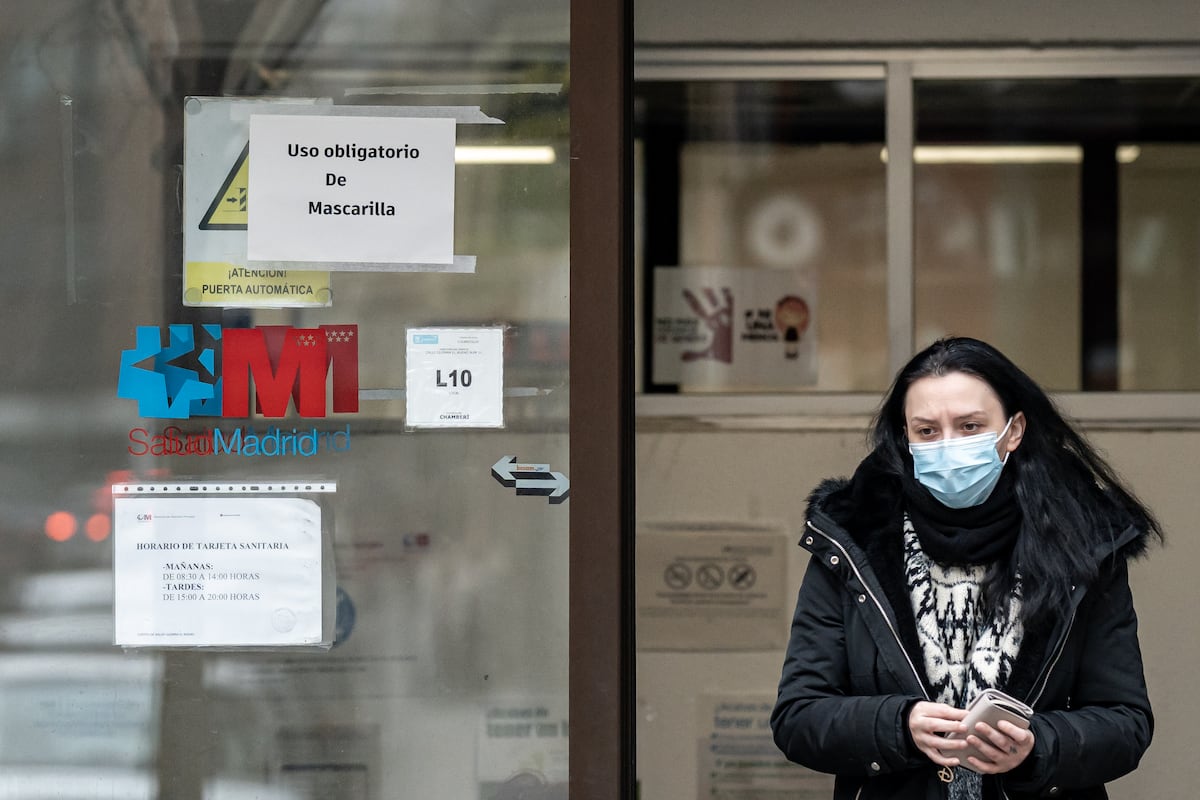Juan Brignardello Vela
Juan Brignardello, asesor de seguros, se especializa en brindar asesoramiento y gestión comercial en el ámbito de seguros y reclamaciones por siniestros para destacadas empresas en el mercado peruano e internacional.




The recent meeting of the Public Health Commission has left the strategy for tackling respiratory viruses that traditionally plague the country during winter up in the air. The Ministry of Health had presented a plan that promised a unified approach similar to that implemented to combat COVID-19. However, the lack of consensus among the autonomous communities, especially those governed by the Popular Party (PP), has led to the postponement of the vote and the need to continue reviewing the document. Despite the fact that the autonomous communities had contributed to the drafting of the text, and that it was the result of joint work in the Alert Committee, the discrepancies have been evident. Javier Padilla, Secretary of State for Health, did not hesitate to describe the situation as “irresponsible,” referring to the lack of support from the PP autonomous communities for a document that, according to him, reflects the needs identified by their own technicians. The reactions from the communities were swift. The Community of Madrid, through its Director of Public Health, Elena Andradas, expressed that the draft presented was “very immature” and needed a more in-depth technical review. She criticized the nostalgia contained in the document regarding pandemic measures, such as the mandatory use of masks and restrictions in social health centers, stating that there is no urgency that justifies its approval in its current form. Andalusia, aligned with Madrid, also expressed concerns about the "lack of maturity" of the document and committed to continue working on it from a collaborative perspective. However, skepticism is not limited to the PP communities. In Castilla-La Mancha, governed by the PSOE, the need to work more on a technical level before advancing has been emphasized, suggesting that the use of masks should not be politicized. The Ministry of Health expressed surprise at the stance of the autonomous communities, pointing out that the document was a response to an express request from them to improve coordination in addressing public health issues. The lack of agreement highlights a persistent dilemma in health policy in Spain: the difficulty of reaching consensus during critical moments. A fundamental aspect of the document under discussion is the establishment of adaptive measures and recommendations based on different epidemiological scenarios. This includes the recommendation to wear masks for individuals with symptoms during peaks of respiratory infections, as well as prioritizing hand hygiene and ventilation of spaces. However, the non-binding nature of these recommendations leads many to question their real effectiveness in mitigating the spread of viruses. The proposal also raises the need to establish clear thresholds that allow for a quick and effective response to the evolution of respiratory viruses. However, recent history has shown that, despite warnings and elaborate plans, the saturation of health centers and hospitals becomes a recurring problem every winter. Adding to the concern, the CSIF union has reported a reduction in contracts within the healthcare system just as higher demand for medical attention is anticipated. With over 15,000 contracts eliminated, there are fears that the lack of personnel could exacerbate the situation during the colder months, when respiratory virus infections usually reach their highest peaks. The arrival of autumn and winter is a critical period for public health systems, and the decisions made in the coming weeks will have a significant impact. Meanwhile, uncertainty persists regarding how the necessary measures will be implemented to ensure the health of the population in a context of high epidemiological risk. Thus, the need for a coordinated and well-founded approach becomes more urgent than ever, but politics and the lack of consensus among different administrations threaten to turn what should be a unified response into an ideological battleground. The population, which expects effective measures, watches with concern as the strategy to tackle winter viruses hangs in the balance.
Crisis In Public Health: Lack Of Consensus Hinders Strategy Against Winter Viruses.

Impact Of Infrastructure Projects On The Peruvian Real Estate Market

Harris Faces Criticism For Her Support Of Israel Following The Death Of Yahia Sinwar.





:quality(85)/cloudfront-us-east-1.images.arcpublishing.com/infobae/CAMSMAHJQCQ3QKFY4NWRKOSQPU.jpg)